Substack Reads: The songwriter who changed pop history, and our fascination with true crime
Hello and welcome to another edition of Substack Reads. This week, veteran music writer Dan Epstein delves into the song catalog of one of the most influential lyricists of the past century, professor Brian Klaas looks at where our fascination with true crime really stems from, and new-to-Substack doctor Tim Spector is turning a critical eye on ultra-processed foods. We hope there’s something here for everyone. Enjoy!
A note from the Substack Team
Your Weekly Stack is a new way to find stories and writers to fall in love with. Every Wednesday, we’ll send a roundup of posts that have been assembled just for you. We’ve designed these emails to help you—the subscribers of Substack Reads—become aware of even more of the great essays, art, and ideas published on Substack. This new feature will evolve in response to your feedback. Once you’ve started receiving Your Weekly Stack in your inbox, please let us know what you think. And of course, if these digests are not to your liking, you can opt out at any time.
Happy reading!
The songwriter behind some of pop’s greatest lyrics
Music journalist Dan Epstein selects 10 favorite songs you didn’t know were co-authored by the late Cynthia Weil
—
in , recommended byIn between, the husband-and-wife team—he generally handled the music, she the lyrics—wrote some of the greatest songs to come out of the legendary Brill Building, including “On Broadway” for The Drifters, “Uptown” for The Crystals and “You’ve Lost That Lovin’ Feelin’” for The Righteous Brothers, and their partnership continued to consistently produce hits well into the ’90s. The modern pop songbook would be significantly slimmer and less life-affirming without their work.
Back in 2004, the couple starred in They Wrote That?, a musical revue based on their extensive song catalog. Weil’s death last week had people asking that same question all over again, as the full weight and breadth of her songwriting contributions came into focus, including songs that were hits well after the Brill Building era came to a close. “Don’t Know Much” by Aaron Neville and Linda Ronstadt? Yep, she and Mann wrote that one. “Never Gonna Let You Go” by Sergio Mendes and Dionne Warwick? Yep, they wrote that one too. “Running with the Night” by Lionel Richie? Weil, who often co-wrote without her husband (and vice versa), collaborated with Richie on that one. And on and on and on. . .
PHILOSOPHY
Why are we morbidly fascinated with true crime?
Do we have a psychological and evolutionary addiction to true crime?
—
inIn 1617, an early incarnation of the true crime genre was released in China, authored by Zhang Yingyu. The book is known as The Book of Swindles, but it’s worth mentioning its full title: A New Book for Foiling Swindlers, Based on Worldly Experience. Very little is known about the author, but he was trying to teach merchants moral lessons while also giving them practical tips for avoiding con men. The stories could be podcast titles: there’s “The Bag Drop”; “Fake Silver”; and “Monks and Priests.”
Thousands of miles away, in Britain, true crime drama was simultaneously exploding in popularity. Between 1550 and 1700, hundreds of “crime pamphlets” were printed in England, detailing horrific murders, dripping with the macabre facts of each case. If that wasn’t enough, ballads were composed to chronicle the dastardly deeds of “England’s Most Notorious.”
SCIENCE
Are pseudo-foods a recipe for ill health?
Ultra-processed foods (UPFs) are severely impacting our health, and the lack of government regulation means we have to take matters into our own hands, argues British doctor, professor, and author Tim Spector in his new Substack
—
inWe worked with a brave set of twins from TwinsUK who undertook a real-world version of the now-famous NIH/US randomised study to see how a diet of UPFs would impact their health. The original study locked 20 volunteers in a medical centre and found that they overate by 508 calories each day when on the UPF food. Aimee and Nancy are healthy women in their mid-20s, and the impact on their biology, mood, energy, appetite and weight was visible in just two weeks.
DOCUMENTARY
Penetrating the peer-guarded academic fortress
In part one of a new-to-Substack documentary series, meet the team of hoax authors hoping to see bogus studies published in top academic journals to expose a worsening problem
—
inPeter and James hatched a plan to expose the disciplines at their core—their most prominent journals. They believed if they could flatter the ideological biases of activist scholars they would be able to get absurd papers through their peer-review process. After which they would reveal what they had done to bring attention to the worsening problem.
Although I thought there might be something off about the two, I wanted to see if they could help me get to the bottom of what I was seeing coming out of academia. I agreed there was an interesting film in all this and flew out to meet them and their third author, Helen Pluckrose, a once-feminist historian, who they brought in for her expertise in the social theories they sought to expose.
Richard Baldwin, an ex-bodybuilder and retired history professor, is the last piece of this clandestine puzzle. Peter, in particular, understood that to really have a shot at penetrating the peer-guarded academic fortress, they’d need an alias.
ENTERTAINMENT
Performance of tragedy
A chicken tender shortage, meeting other Swifties, and finding the Taylor Swift ethos in the documentation of crying—Fran Hoepfner attends the Eras tour
—
inBack in the seats, dead center but very high up, we sat behind two pairs of girls, all four of whom displayed fascinating behavior. The two girls sitting directly in front of us alternated which of the two of them held both of their phones: one tasked with filming the concert and filming the other girl dancing to the concert. The phoneless girl would get to enjoy the concert without the burden of technology until they would inevitably swap parts, like when Benedict Cumberbatch and Jonny Lee Miller did Frankenstein like that every night. The other girls were much younger, late middle or early high school, who were prone to scream-singing not only with Swift but also with Bridgers, which is surprising to me I guess only because it’s hard to imagine someone who is not a 25-year-old listening to Phoebe Bridgers. The other thing they spent a lot of the concert doing was filming themselves not in selfie mode, but with their phones flipped and the flashlight feature on, so they appeared in spotlight scream-singing Swift’s songs. If either of them got any actual footage of Swift, it would be news to me.
LEGAL AFFAIRS
Words mightier than the sword
Independent journalist Meghann Cuniff follows the Tory Lanez trial exclusively on Substack with regular updates. A sentencing memorandum cites Lanez’s “unprovoked attack” on singer August Alsina
—
in“Words have power and the pen is oftentimes mightier than the sword. In this case, Daystar Peterson used both,” according to a memorandum filed Tuesday, referring to Lanez’s legal name. “Not content to have hurt the victim by use of his sword (gun), he also used his pen. His online posts for nearly three years have re-traumatized the victim.”
“His online reach is worldwide (millions of followers plus casual observers) and the defendant’s statements embolden his followers so that they too have been complicit in re-traumatizing the victim,” the memo continues. “He is responsible for the effect of his words and his actions.”
The memo serves as a recommendation for Los Angeles County Superior Court Judge David Herriford, who is scheduled to sentence Lanez next Tuesday, June 13.
HEALTH
My adenomyosis went undiagnosed for 25 years
When broadcaster Naga Munchetty described what it’s like to have adenomyosis on U.K. television, she spoke directly to the 1 in 10 women suffering with chronic pain and bleeding but who are often told to get on with it. Journalist and editor Sam Baker wants that to change
—
in“Right now, I’m in pain, constant nagging pain, in my uterus, in my pelvis, sometimes it runs down my thighs . . . every so often the pain changes. It becomes a stabbing pain and I can do nothing but sit with it or curl up to cope.”
Haven’t heard of it? Nor had I—until I was diagnosed with it. Like Naga, who was diagnosed at 48, I was only diagnosed in my mid-40s after decades of painful, heavy periods that occasionally made me pass out. Like Naga, my periods were so heavy that I slept (somewhat futilely) on a towel at least one week a month, and for two or three nights of that week I’d be up every couple of hours to change my (super plus) tampon. One week out of every four or three or five. For about 25 years. We never owned a mattress I didn’t bleed all the way through.
On bad days it was touch and go whether I could get through the 90-minute journey to work with a super plus tampon and doubling or tripling up on pads. On bad days I could get through an entire box of super plus tampons and start the next one.
POETRY
“Now my charms are all o’erthrown”
Poet and professor Anthony Esolen remembers Shakespeare’s infamous end poem
—
inNow my charms are all o’erthrown,
And what strength I have’s mine own,
Which is most faint. Now ’tis true
I must be here confined by you,
Or sent to Naples. Let me not,
Since I have my dukedom got
And pardoned the deceiver, dwell
In this bare island by your spell;
But release me from my bands
With the help of your good hands.
Gentle breath of yours my sails
Must fill, or else my project fails,
Which was to please. Now I want
Spirits to enforce, art to enchant,
And my ending is despair
Unless I be relieved by prayer,
Which pardons so that it assaults
Mercy itself and frees all faults.
As you from crimes would pardoned be,
Let your indulgence set me free.
Continue reading and listening
Recently launched
joined Substack:Coming soon
Congratulations to the following writers celebrating publication.
makes the New York Times bestseller list: hit the poetry bestseller list this week:Author
is pulling back the curtain on the publishing process for a debut author in her new series:What’s happening in Notes
will host a Notes workshop with next week:And a parting note for the weekend from
:Inspired by the writers featured in Substack Reads? Writing on your own Substack is just a few clicks away.
Substack Reads is a weekly roundup of writing, ideas, art, and audio from the world of Substack. Posts are recommended by staff and readers, and curated and edited from Substack’s U.K. outpost by Hannah Ray.
Got a Substack post to recommend? Tell us about it in the comments.





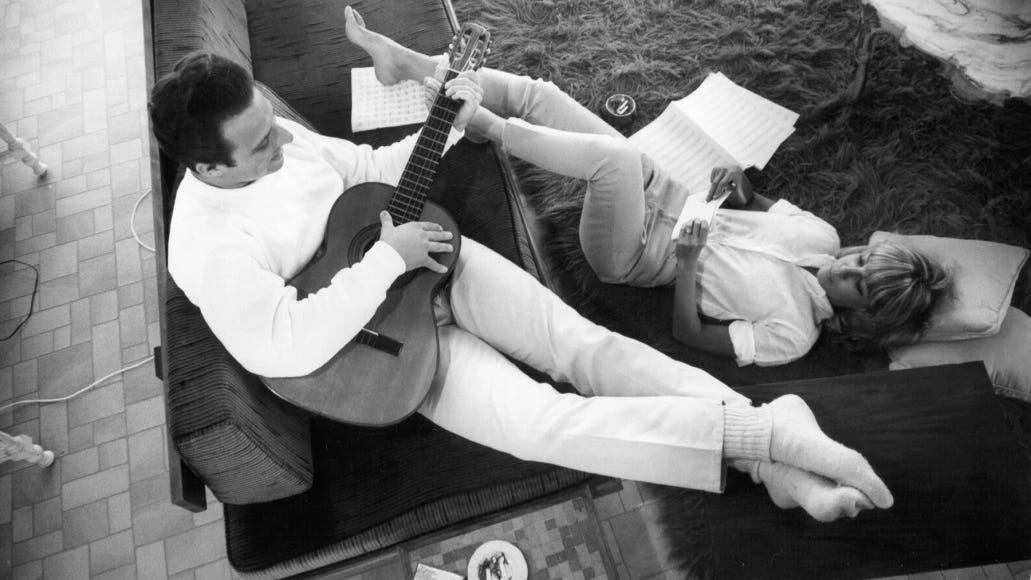





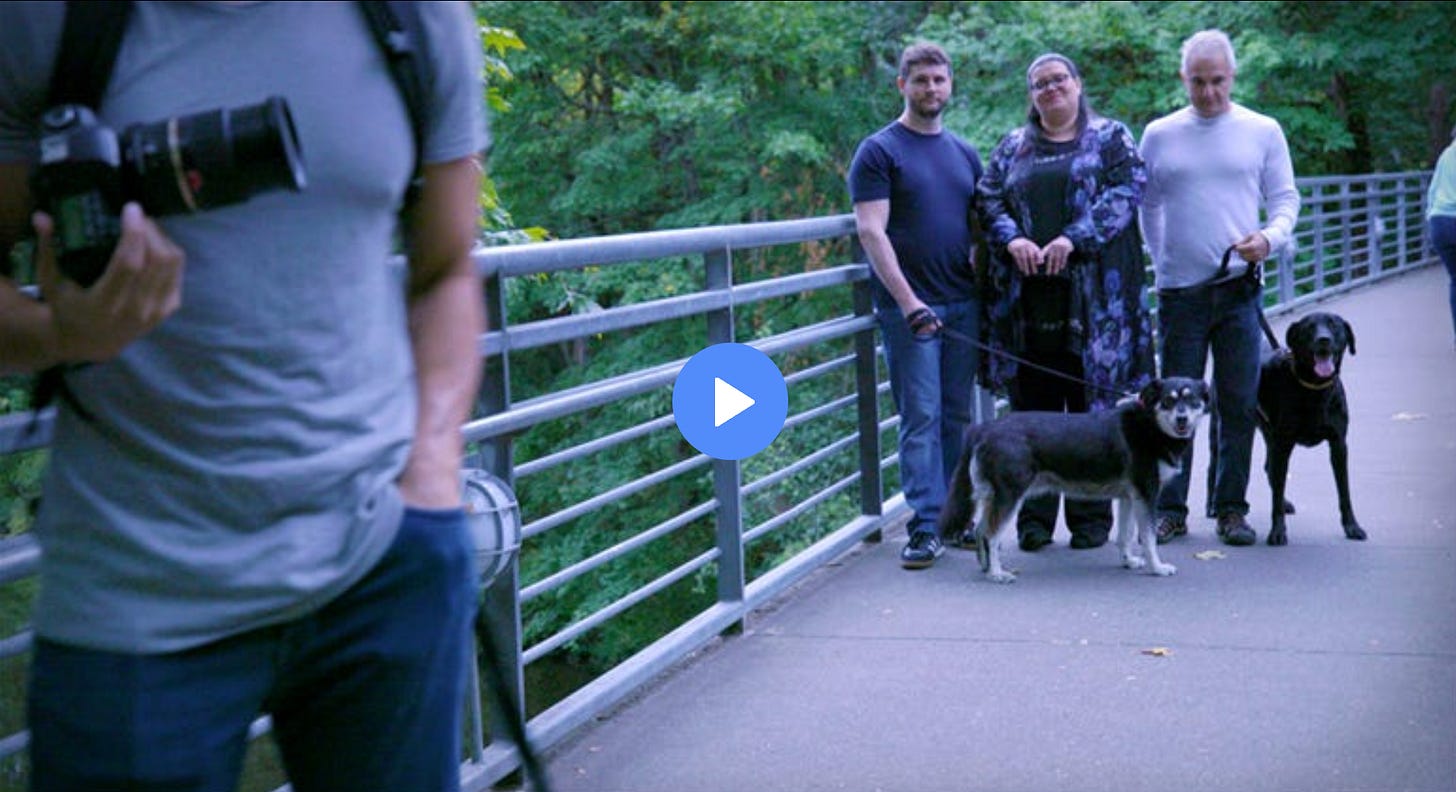



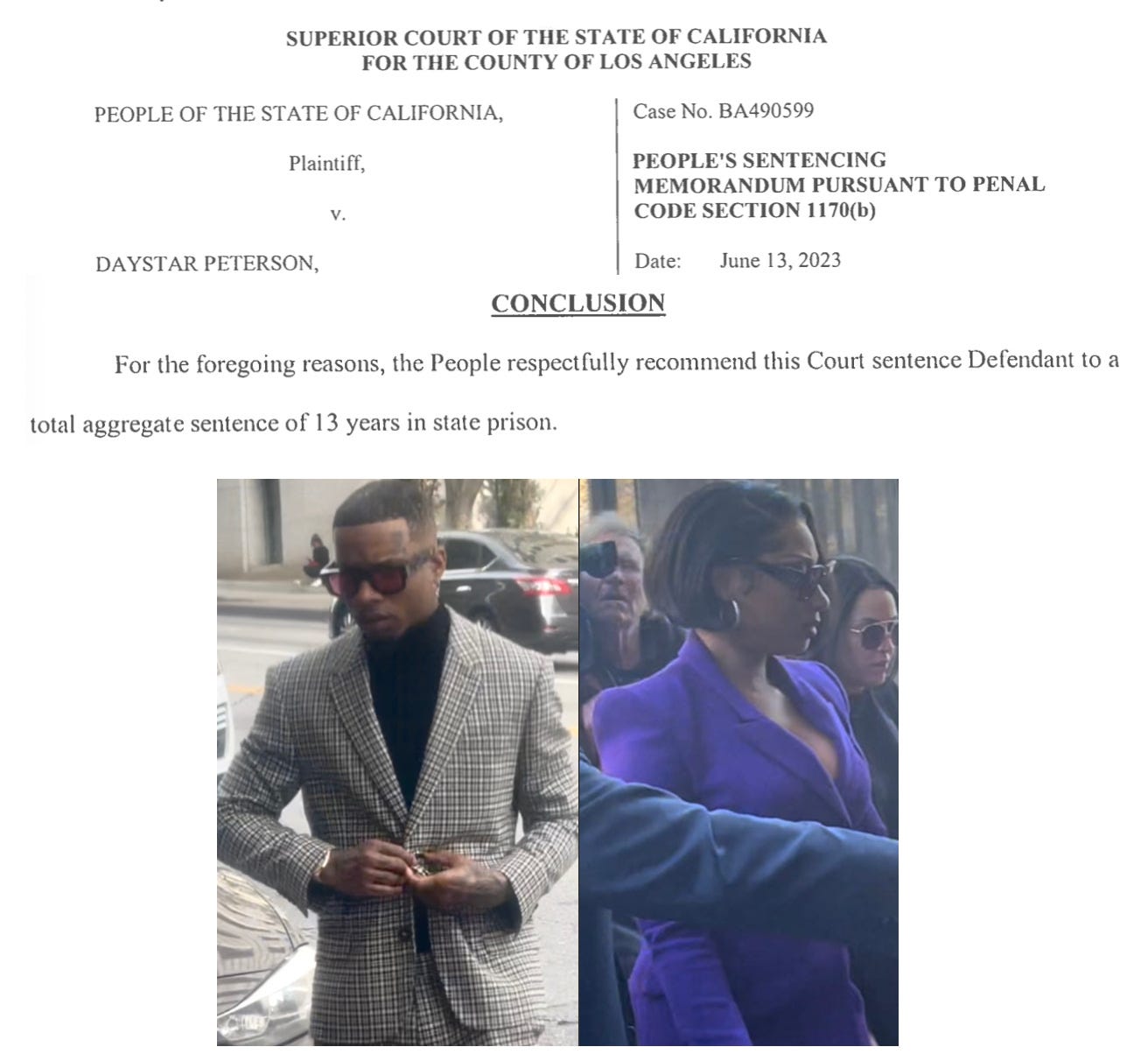



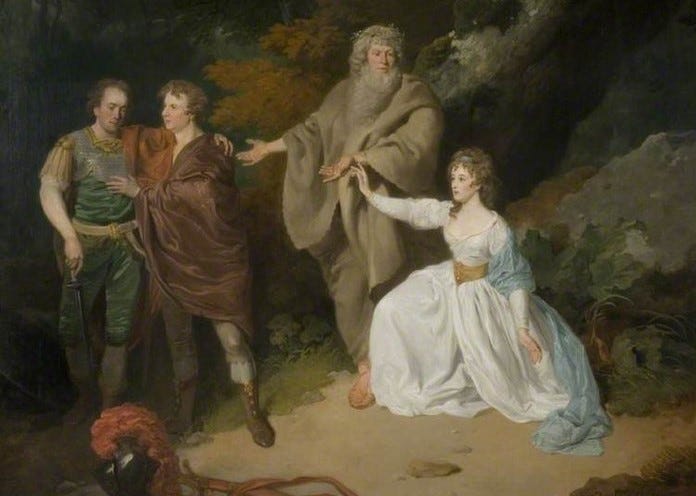


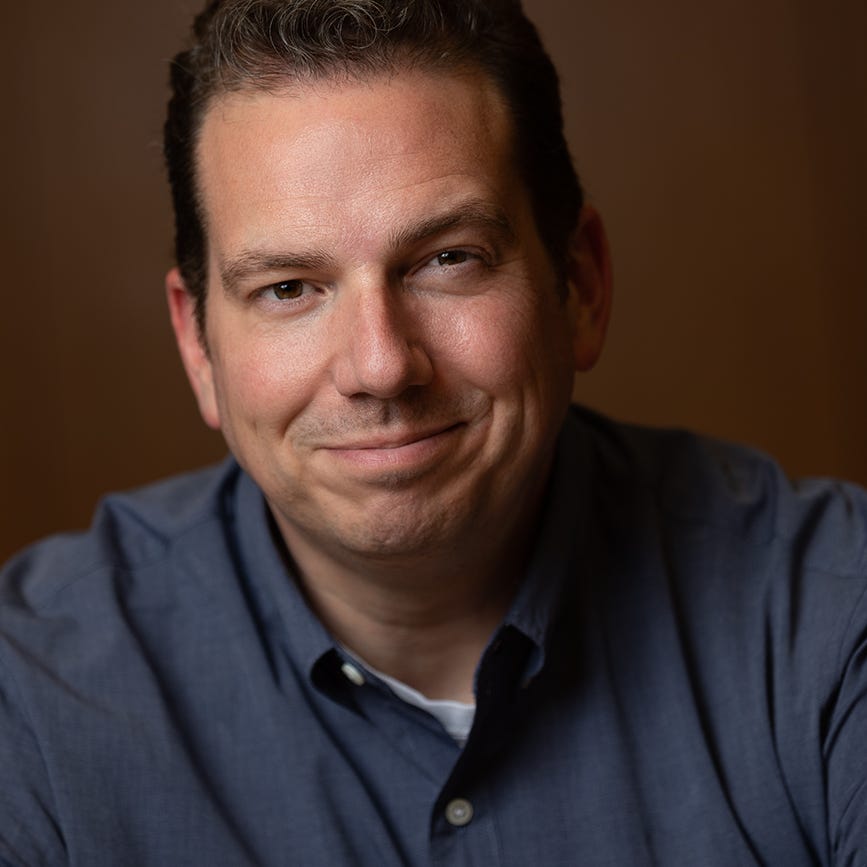
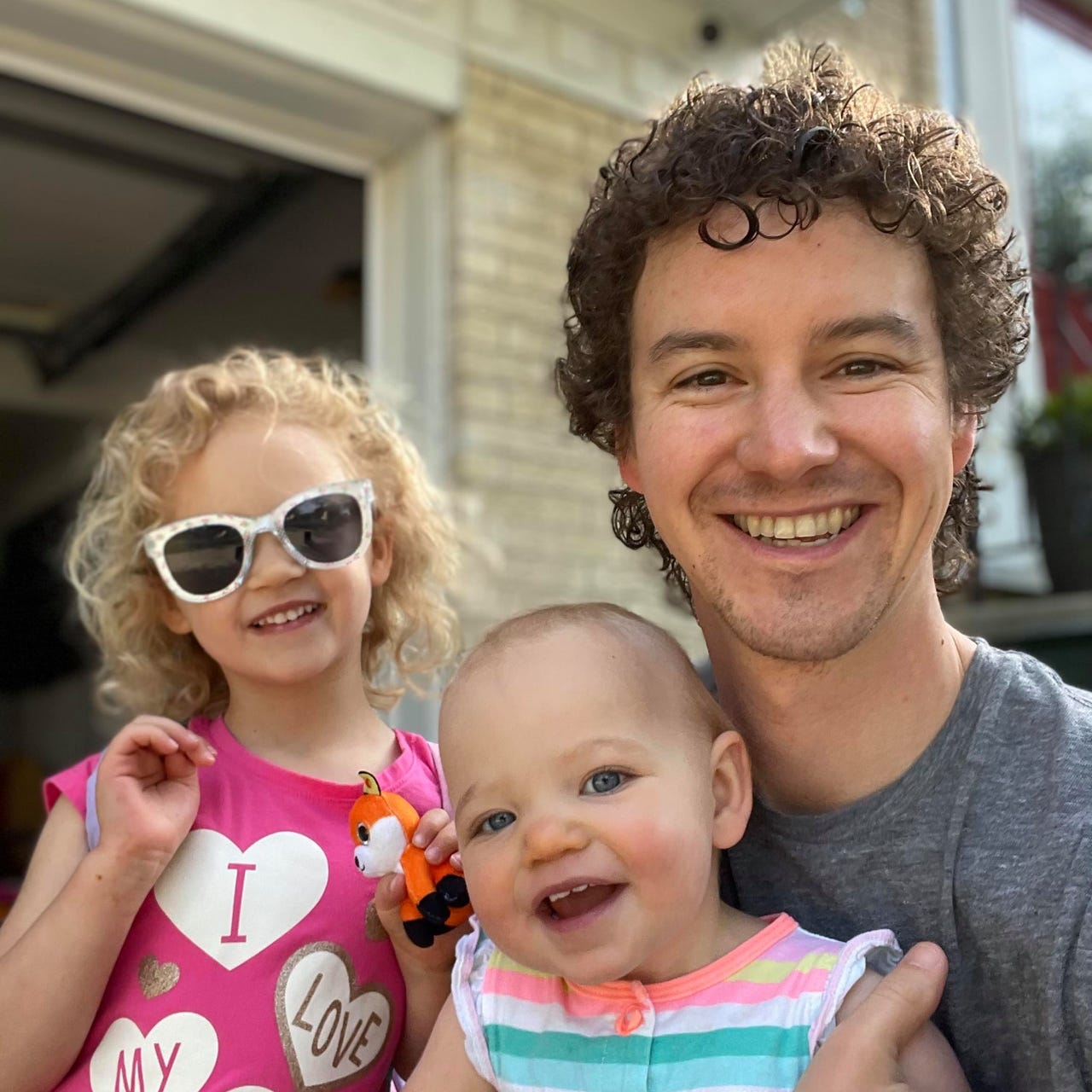




The peer-guarded academic journals one sounds FASCINATING; we need this type of exposure. More and more we’ve seen far-left woke identity politics infest the waters of science and academia and it’s terrifying. Equity is a race to the bottom. We have to believe in facts and data and science. The left always claims to the ‘the party of science’ but that has radically shifted over the past 5 years. Not that the answer is on the Right, either. We must return to rational commonsense.
I write about these cultural issues generally.
Michael Mohr
‘Sincere American Writing’
https://michaelmohr.substack.com/
Is there a way to not receive these unsolicited posts?